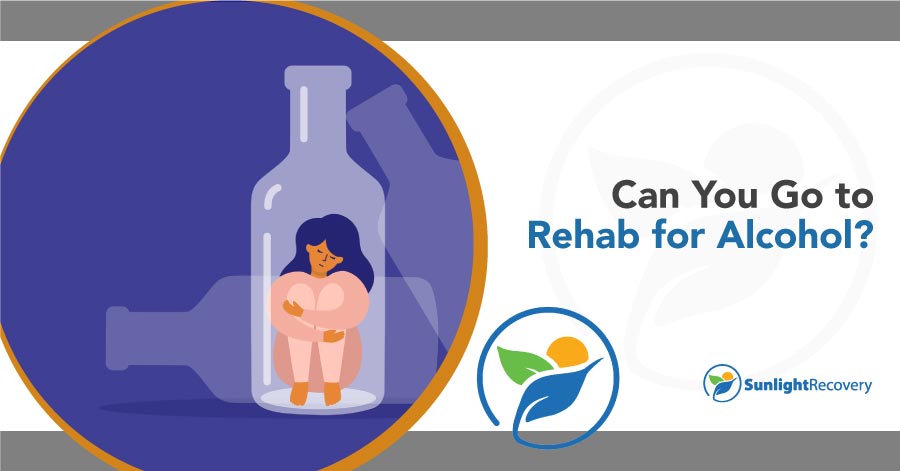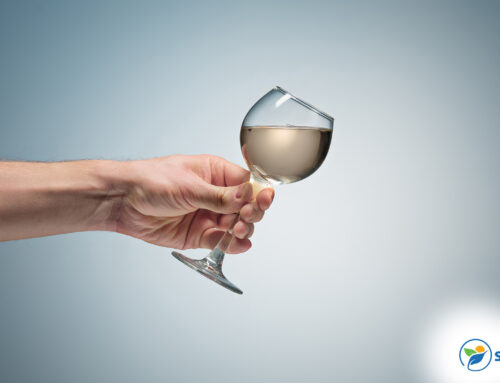Alcohol abuse contributes to over 3 million deaths worldwide every year. In the United States alone, alcohol abuse disorder affects nearly 15 million people over the age of 12. If you find yourself part of this group, it can be hard to find a path to recovery on your own. Like many others, you may ask yourself: When do you need rehab for alcohol abuse?
Contrary to mainstream belief, rehab isn’t just for those who suffer from drug abuse. While alcohol may be socially acceptable to consume, it’s still an addictive substance that can severely impact your life.
Luckily, the road to sobriety isn’t an isolated one. Read on to find out when to go to rehab for alcohol abuse and how a professional facility can guide you on your recovery journey.
Recovery: It Isn’t a Solitary Process
Knowing that you suffer from alcoholism is a good first step toward sobriety. Once you realize you have a problem, it’s natural to feel motivated to quit drinking through sheer willpower alone.
Unfortunately, willpower often isn’t enough to give up alcohol for good. It’s likely you’ll face a tremendous struggle in resisting the urge to drink.
The truth is, alcoholism is a complicated disorder, and most people aren’t able to overcome it alone. This is where rehab comes in. By turning to a professional treatment center for help, you’ll gain access not only to a group of caring providers but also to the resources and knowledge you need to overcome your addiction for good.
Why Is Quitting So Difficult?
Attempting to resist alcohol on your own can be a demoralizing experience. Many people struggle greatly with the fact that quitting is not as simple as they thought it would be. It’s easy to feel ashamed or guilty when you feel your resolve slipping, but such missteps are common without professional help.
Staying sober is difficult for several reasons. For one thing, continuous consumption of alcohol alters your brain’s reward system and trains it to crave alcohol when it shouldn’t. Over time, you’ll increase your alcohol tolerance, causing you to need more alcohol just to achieve the same effects. When you try to quit, your brain fights back in an attempt to get the alcohol it thinks it needs. For many people, this can lead to uncomfortable feelings of withdrawal.
Overcoming Withdrawal
Withdrawal can manifest itself in numerous ways — both physically and psychologically. Withdrawal is often what causes people to give in to their urge to drink, no matter how motivated they are to quit, as the discomfort usually goes away once the brain is given the substance it’s asking for.
Physical withdrawal systems generally last several days, but these days can be excruciating and even dangerous for some. A few of the most common physical withdrawal symptoms include:
- Aches
- Nausea
- Changes in appetite
- Shakes
- Stomach pain
Psychological symptoms can last far beyond the short period of physical symptoms. Some common afflictions include:
- Insomnia
- Depression
- Anxiety
- Severe cravings
- Mood swings
The pain of withdrawal is one of the biggest reasons many people opt for a rehabilitation center. Often, these symptoms are too extreme to manage alone. Seeking help ensures you’re surrounded by a team of experts who can help you overcome your cravings and make it past this crucial first step in the recovery process.
The Effects of Alcohol Normalization
Another reason staying sober is so difficult is due to the widespread normalization of alcohol. Be it a corporate dinner or a family gathering, it’s accepted (and often encouraged) to drink alcohol during virtually every social interaction. You’re more likely to receive a troubled glance if you decline a drink than if you order three rounds.
The truth is that alcohol is a drug that can be abused just like any other substance. And while modern drinking culture has downplayed its negative effects, millions of families each year are affected by alcohol abuse.
Addiction isn’t a choice you can make. With alcohol so prevalent in today’s social world, those who are already susceptible to the disorder unknowingly put themselves at risk. Not only that, but such normalization can also lead to a delay in seeking help, which can make the affliction more severe.
When Do You Need Rehab for Alcohol Abuse?
Deciding to go to rehab for alcohol abuse can make for a difficult decision. Thanks to drinking culture and the normalization of alcohol, it’s easy to downplay the effects of the substance on your life.
When considering rehab, there are a few telltale signs that will let you know it’s time:
- You’ve already tried to cut back on alcohol but couldn’t.
- You have intense cravings for alcohol.
- You’ve failed to meet expectations in your personal or professional life due to alcohol.
- You continue to drink even when it’s physically dangerous to do so.
- You experience symptoms of withdrawal when you stop drinking heavily.
- You’ve asked yourself, “Do I need rehab?”
If you’ve exhibited more than one of these behaviors over the past year, rehab may be the most effective course of action.
The best way to know for sure if rehab is right for you is to reach out to an expert for guidance. A professional can not only tell you if it’s time for rehab, they can provide you with valuable resources and information that may ease the recovery process. If you’re wondering, “How long does alcohol rehab take?” they can help answer that question.
Rehab and Insurance
The thought of paying hefty rehabilitation fees may prevent you from seeking treatment. Luckily, this is one obstacle you won’t have to overcome.
Because addiction is a life-threatening health concern, most insurance companies cover alcohol rehab either fully or partially. Thanks to this policy, you can seek the professional treatment you need without the financial strain of a large fee.
Find a Life Without Addiction With Sunlight Recovery
Alcoholism can cause years of pain if left untreated. Don’t buy into the drug’s unhealthy normalization — get the help you need today. With a team of knowledgeable experts, you’ll find innovative treatments designed to help you overcome alcohol abuse once and for all.
When it comes to alcohol addiction treatment, there’s no better provider than Sunlight Recovery. Free yourself from a life of addiction. Visit Sunlight Recovery or call to take the first step toward sobriety today.






